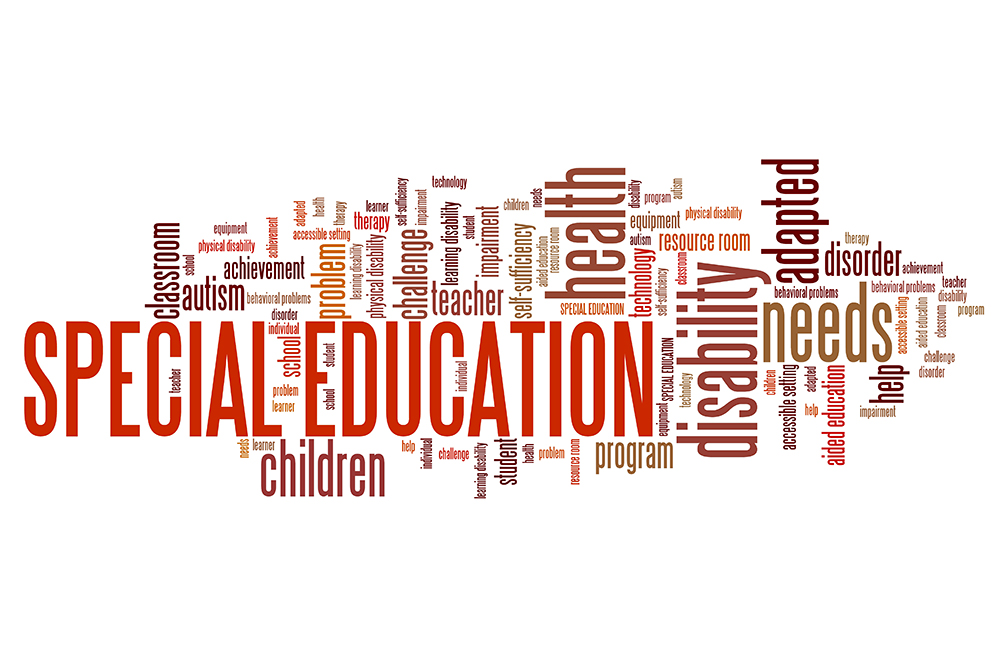The Royal Commission has published research on : ‘Legislation and regulation in Australia: Children and young people with disability in primary and secondary education settings’.
The report analyses relevant legal and policy frameworks relating to the education of students with disability, with a focus on primary and secondary school settings across Australia.
It provides a general description of how Commonwealth funding for education operates; a detailed explanation of how laws regulating education for students with disability function in each jurisdiction; and an examination of each jurisdiction’s anti-discrimination laws as they apply to education (including the Disability Discrimination Act 1992 and the Disability Standards for Education 2005 issued under that Act.)
The DDA prohibits ‘educational authorities’ from discriminating against a person on the grounds of a person’s disability in a specified way (including admitting or expelling students, limiting students to certain benefits, developing or accrediting curricula with discriminatory characteristics, or subjecting a student to any other detriment).
The DDA contains several key exceptions to the prohibition on discrimination in education that includes:
- Schools that are exclusively for students with disability do not, in and of themselves, constitute discrimination on the basis of disability
- When a person discriminates against another person on the grounds of disability of the other person, if avoiding the discrimination would impose an ‘unjustifiable hardship’ on the discriminator.
The scope of this report refers to existing laws and policies in Australia and considers all relevant Commonwealth, state and territory legislation. It does not consider or analyse the implementation of policies or compliance with laws.
Read the full report here.

